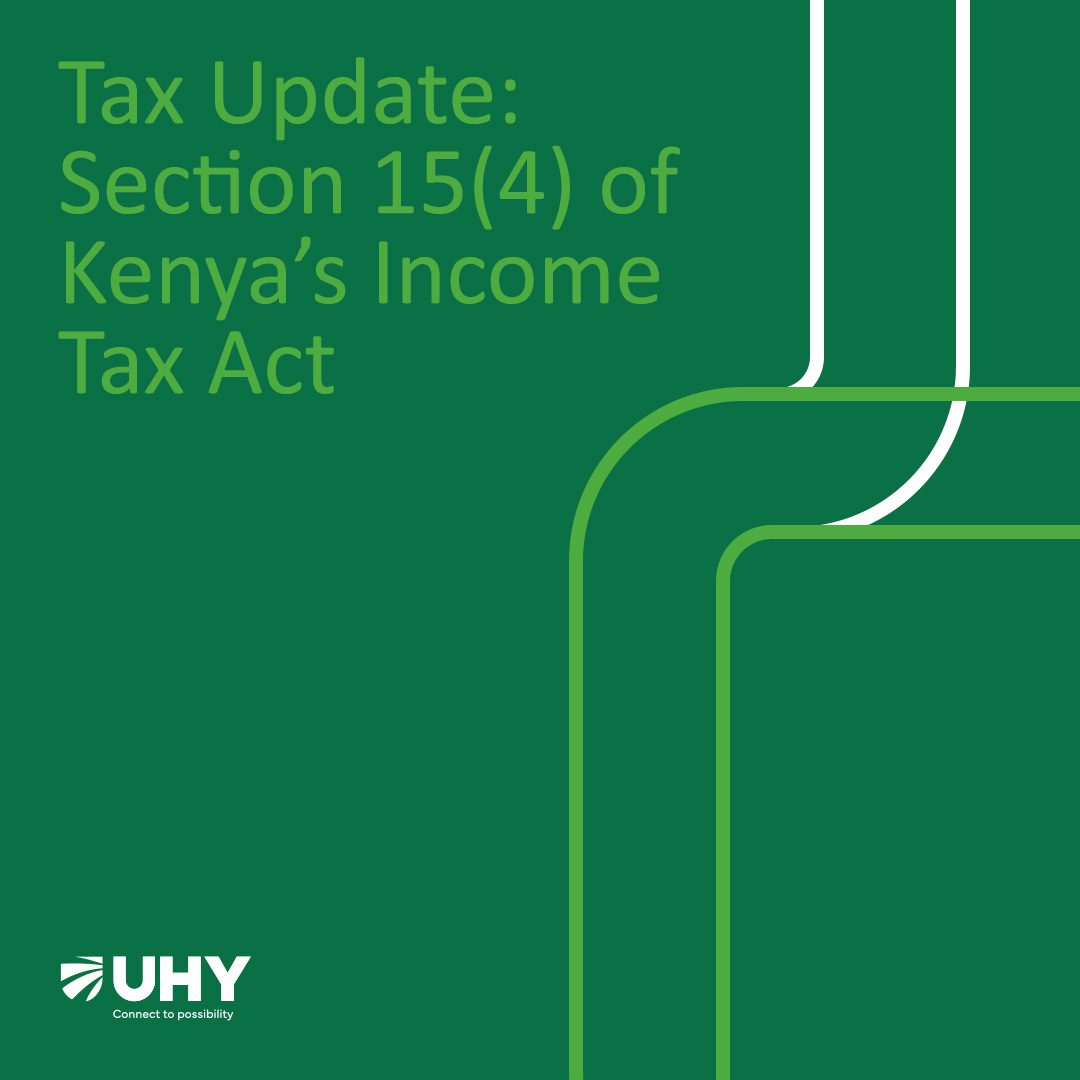Historical Evolution of Section 15(4) ITA
- 2014: The Finance Act, 2014 introduced a five-year cap on carrying forward trading losses. Losses could be deducted in the year incurred and the following four years, with the Cabinet Secretary retaining discretion to extend the period.
- 2015: The Finance Act, 2015 extended the cap to ten years (year of loss plus nine succeeding years), maintaining the Cabinet Secretary’s discretionary extension power.
- 2021: The Finance Act, 2021 removed the cap entirely, allowing businesses to carry forward losses indefinitely. This reform particularly benefitted capital-intensive industries such as energy and infrastructure, enabling them to align deductions with their long gestation projects.
- 2025: The Finance Act, 2025 reversed course by reintroducing a five-year limit on the carry-forward of trading losses. Section 15(4) was amended to cap deductions at five years from the year of loss, unless extended under the new Section 15(5), which empowers the Cabinet Secretary to grant extensions on KRA’s recommendation and taxpayer application.
Additionally, the Act removed the ability to offset capital losses against future capital gains, exposing taxpayers to Capital Gains Tax (CGT) even where unutilized capital losses exist.
Implications of the 2025 Provision
1. Impact on Capital-Intensive Sectors
Industries such as energy, infrastructure, and manufacturing risk stranding investment allowances under the five-year cap. In Kenya Revenue Authority v Export Trading Company Limited [2018] eKLR, the Court of Appeal emphasized that tax laws must align with commercial reality rather than penalize legitimate business operations. The reinstated cap risks doing the opposite.
2. Administrative Discretion and Uncertainty
The new Section 15(5) gives the Cabinet Secretary discretion to extend the five-year limit on KRA’s recommendation. However, the lack of clear criteria introduces uncertainty and increases the potential for disputes.
3. Lack of Transitional Provisions
No transitional relief was provided for losses accumulated prior to 2025. Businesses that had structured their operations under the previous indefinite regime may now be disadvantaged, undermining investor confidence and planning certainty.
Conclusion
The Finance Act, 2025 has reinstated restrictions on tax loss carry-forwards, reversing reforms that previously supported investment-heavy industries. While the government seeks to boost short-term revenue, the amendment risks:
- Increasing tax disputes and litigation
- Discouraging long-term capital investments
- Creating planning uncertainty for businesses
A double benefit arises for the government: taxpayers lose the ability to claim legitimate losses, while the tax authority collects full tax in later years. This shift could substantially
📞 Need Expert Tax Guidance?
At UHY Kenya, we provide tailored tax advisory services to individuals, corporates, and financial institutions. Our team helps you stay compliant while optimizing your tax position.
👉 Contact us today: +254 758 860047 | www.uhy-ke.com
Key Trends Shaping Kenya’s Banking & Financial Sector
Big Changes to Levy Exemptions
Financial Forecasting Pitfalls That Can Hurt Your Business






